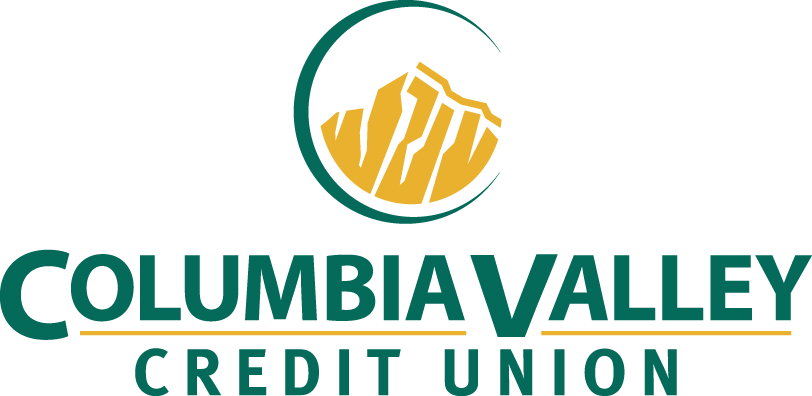
Buying a Car
Personal Transportation
Buying a car is a major financial investment and we understand that it's also an important personal decision. The first thing to figure out is how much you can afford to spend; this amount should not exceed 20% of your net income. The second decision you need to make is what kind of car will best suit your needs. Are you single or a family of five? Will you use it to commute every day or drive only on the weekends? Look at all the options and decide what is right for you.
New or Used
Perhaps you realize that the only way to afford the vehicle of your dreams is to buy second-hand from a dealer or individual. Be cautious in either case. There are many consumer awareness books available. Do your homework. Shop around and take your time. Most of us aren't mechanically inclined, so once you've test-driven the vehicle take it to a licensed mechanic for a final inspection.
Lease or Finance
That new car smell can be intoxicating and knowing you won't have any large mechanic bills for a while can be comforting, but most people don't have enough spare money lying around to buy a new car with cash. The next decision to ponder is whether to lease or finance.
The advantage of leasing is that you will be driving a new car while making relatively low monthly payments. The disadvantage is that you may never own that car and there are many restrictions and penalties that come with a lease that you may find unacceptable for your driving style. Read the lease agreement carefully before you commit to anything.
Depending on the size of the down payment, financing usually means a higher monthly payment that you may simply not be able to afford. But the fact is, when you finance a car you have the pleasure of knowing that, one day, it will belong to you.
Whichever method you choose, think about all costs involved in driving and maintaining a vehicle. Make sure you choose something that meets as many of your needs as possible, while still being something you can afford and enjoy
